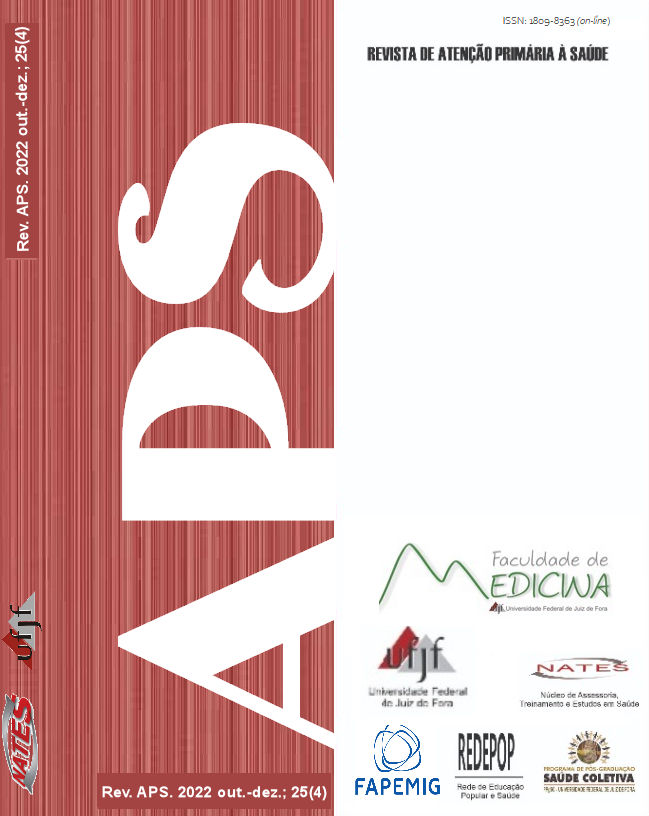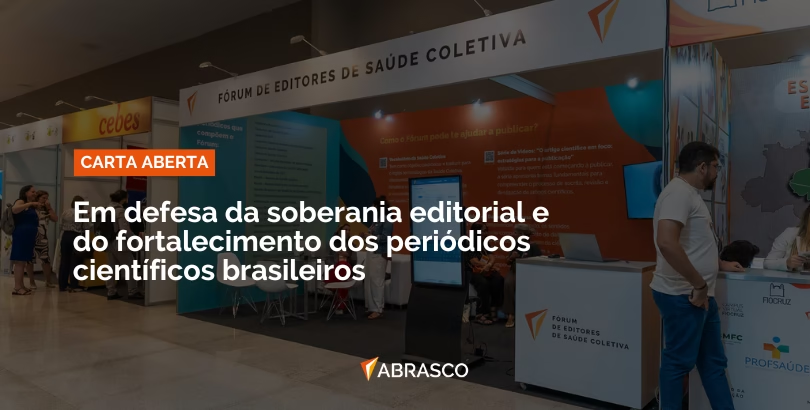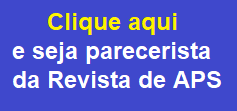Perception of information on non-pharmacological preventive measures for COVID-19 among users of a basic health unit in Campina Grande - Paraíba
DOI:
https://doi.org/10.34019/1809-8363.2022.v25.38885Keywords:
COVID, Health Belief Model, Pandemics, Prevention and Control, Family Health StrategyAbstract
Perceptions about coronavirus disease 2019 (COVID-19) are associated with the adoption of non-pharmacological preventive measures (NFM) against contagion. The objective of this study was to analyze the perception of information about MNF for the prevention of COVID-19 by users of a basic health unit (UBS). The study was descriptive-cross-sectional, quanti-qualitative. A sample of 70 families from the population assigned to a UBS in Campina Grande (PB) was selected for the quantitative phase and, among these, 14 were chosen for the qualitative phase. Data collection was carried out using a structured questionnaire (sociodemographic data; information on MNF; severity of COVID-19; susceptibility to COVID-19; trust in MNF) and unstructured interview (coping, information, impact). Predominantly female sample (65.2%), non-white (69.6%) and with higher/graduate education (62.3%), who applied NFM in association of 2 to 4, especially hand washing, use of alcohol and face mask (51/74.2% for each) and isolation (36/52.4%). Most were informed about NFM through TV and the internet, and a minority, through friends, relatives, government officials and professionals from the UBS; 49.2% felt susceptible and 65.2% felt confident in MNF. There were more statements referring to masks, vaccination and collectivity, in the emerging categories of prevention, perception, information, governance and impact. Respondents reported criticism of the content and insufficient emphasis of the information and partial adherence by their community. The “kit-COVID” emerged in a critical tone under the allegation of unscientificity. Health actions at the hospital level were mainly reported. The impact of COVID-19 occurred through confrontation, with a negative effect on the family due to physical distance, and through the change in personal attitude in learning about the crisis. It is concluded that the guidelines on NFM reached the participants of this study and, for this, the favorable level of education of the sample must have contributed.











